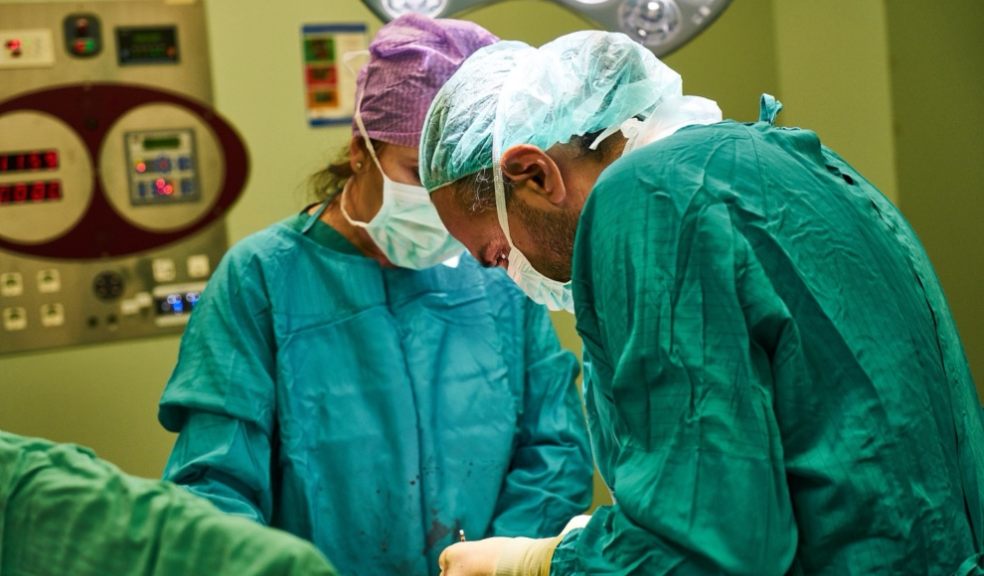
Should You Have Surgery for an Inguinal Hernia? Here’s What You Should Know
As you may know, there are different types of hernias – but one of the most common is an inguinal hernia. A hernia develops when an organ or fatty tissue starts to push through a weak spot in the abdominal wall, and this condition doesn't get better – or disappear – on its own. In fact, they get larger in most cases – and in some rare situations, they may result in life-threatening complications. This is often why surgeons believe that surgery is a solution. But you should also be aware that not all hernias require treatment right away – it will significantly depend on the hernia's symptoms and size. If it doesn't exhibit any symptoms, you may not require further treatment for it. But, as always, with issues with your health, it's best to be sure. So should you have surgery for an inguinal hernia? Here's what you should know.
Do you require surgery for your inguinal hernia?
In most cases, if the inguinal hernia is small or has no symptoms, it's not necessary to have surgery. But it may grow more prominent over time or exhibit specific symptoms, such as tissue being trapped within the walls of the abdomen. For instance, if your intestines become trapped, it is known as incarceration. If it is not treated, it may result in an even worse condition, referred to as strangulation (when blood supply to the tissue is cut off).
If the hernia itself gets strangulated, it will require immediate surgery. The strangulation may result in permanent damage, which is classified as an emergency. If your organs become strangulated, they may die, and if the surgeons do not remove them quickly, it may become fatal. Therefore, you must call your surgeon immediately if you have nausea or fever or if the pain suddenly worsens. If the inguinal hernia exhibits a reddish, purplish, or darker colour, contact your surgeon as well, as advised by the specialists from the Londonsurgicalgroup.co.uk. The same experts agree that if the inguinal hernia begins to cause discomfort or pain, or if it is getting bigger, you would do your best to contact a professional hernia surgeon in London.
When you can wait
It may be possible to wait to have surgery. If, for example, your inguinal hernia tends to subside or go away once you lie down, you can wait before having surgery. The same is true if you can push the inguinal hernia back into your abdomen (it is what is referred to as a reducible hernia); it is possible to wait. In most cases, if the hernia is small and does not come with any symptoms, you may not require a surgical procedure at all.
But it would be in your best interest to confer with a doctor or surgeon – they can examine your inguinal hernia and monitor its growth when you have an annual physical. Remember that almost all adults and even children can have hernia repair surgery. Still, if you are too frail or have a severe condition, you may be recommended not to undergo surgery. If you are healthy enough, you can have either open surgery or keyhole or laparoscopic surgery, and your doctor should be able to help you decide on the best treatment for your health.













